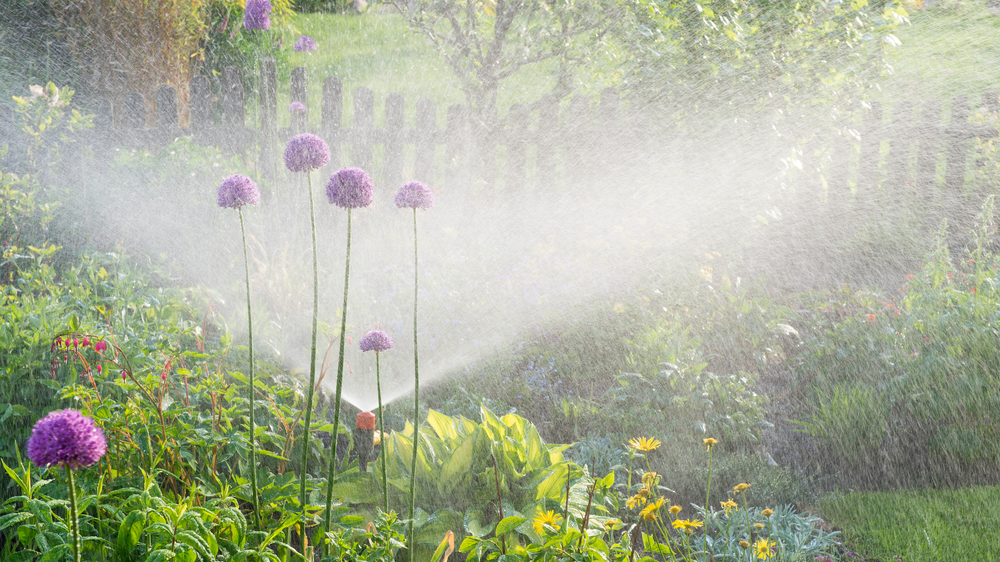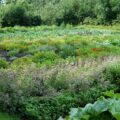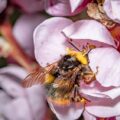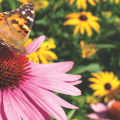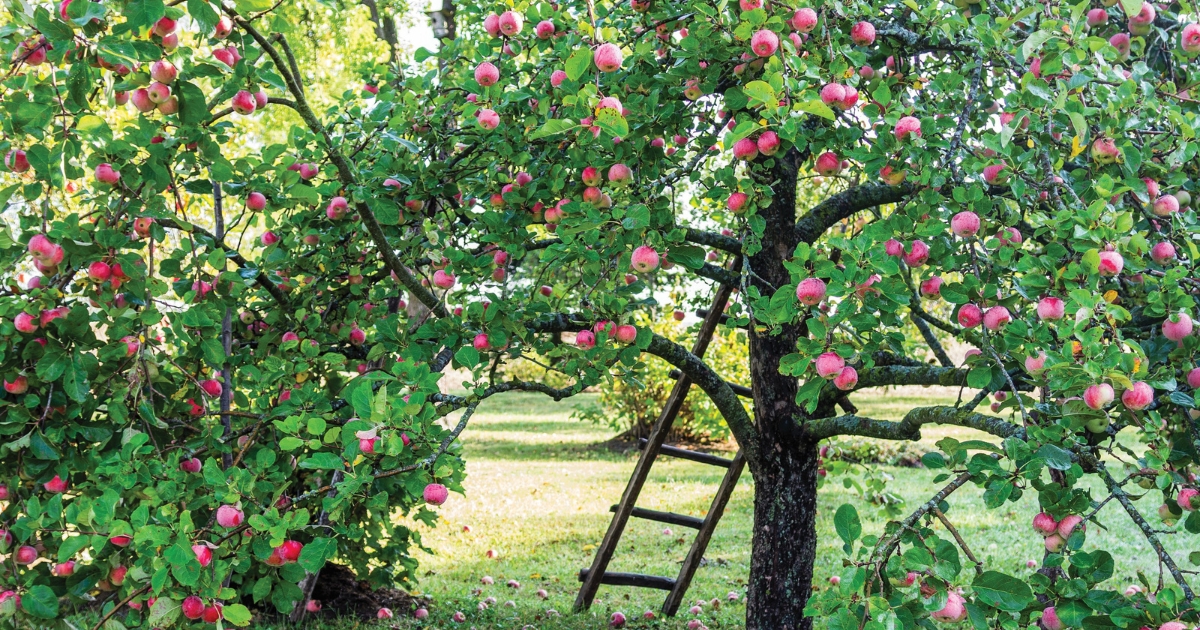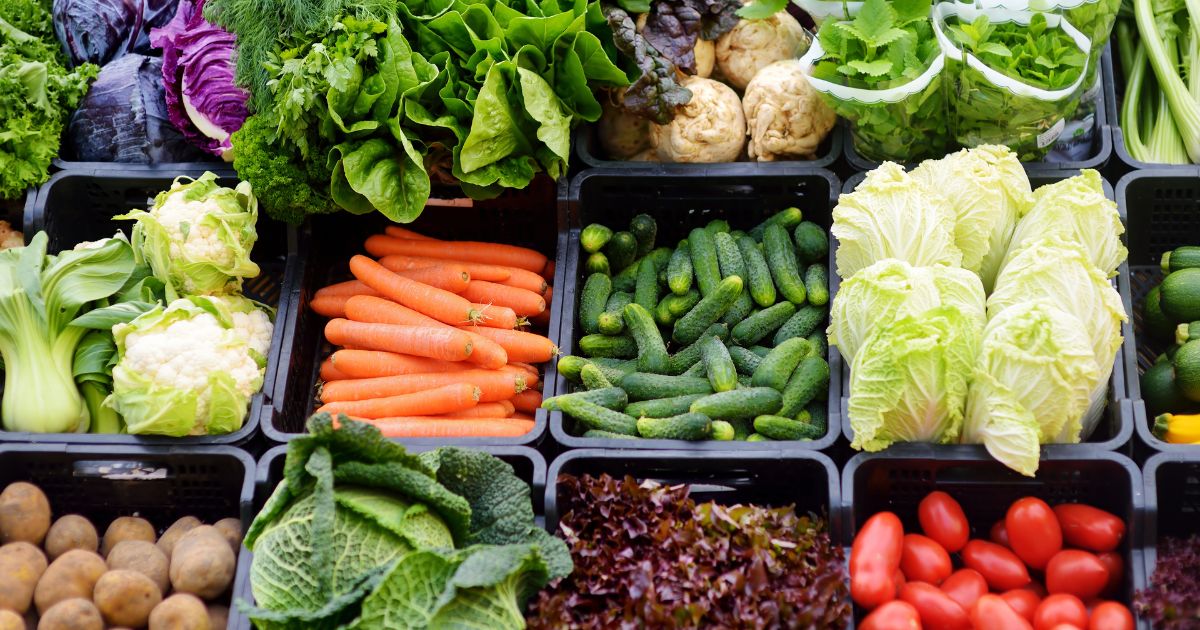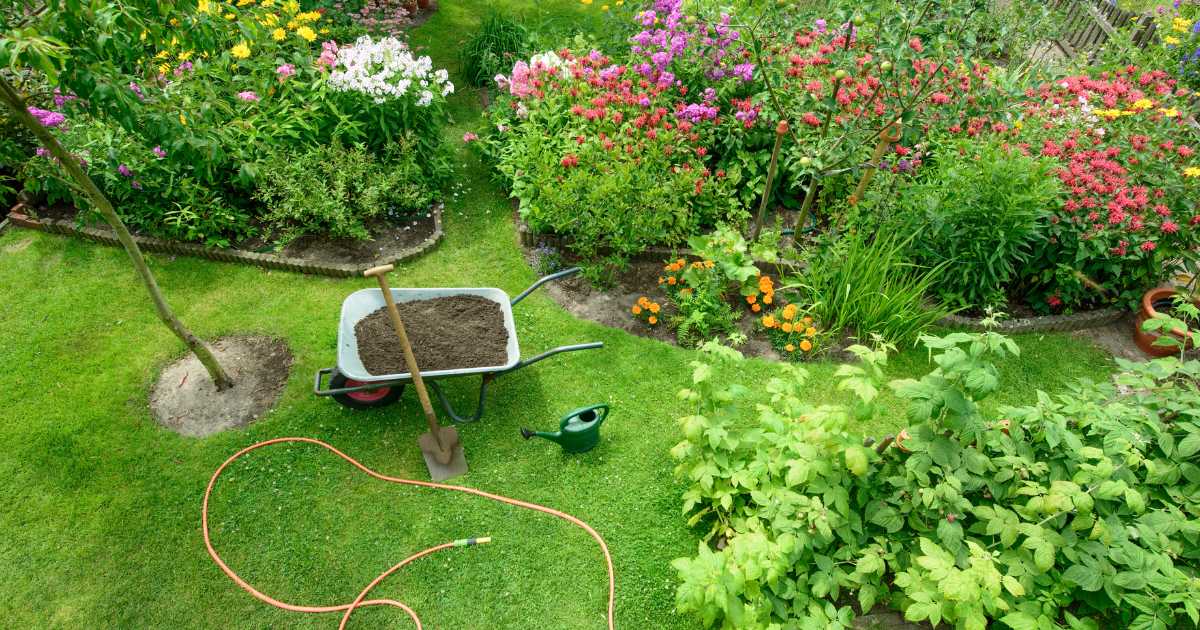In the enchanting world of gardening, success lies in selecting beautiful plants and the diligent care and nurturing they receive. The art of watering, weeding, and caring for your garden is an essential aspect that can transform a patch of soil into a thriving oasis of vibrant colours and lush foliage. It is a delicate dance between understanding the unique needs of your plants, being attuned to the rhythms of nature, and applying thoughtful techniques to promote their well-being.

Watering Tips
Avoid over-watering. This is our #1 Watering tip. After seedlings are established, which generally takes up to a month from planting, reduce the watering frequency.
Do the finger test. Push your finger into the soil up to the second knuckle. If the ground is cool, it is damp and does not need water. It is dry enough for a good soaking if it does not feel cool. Better to water infrequently but deeply than too often and with just a shower. Approached this way, plants put down deeper roots and are more drought and heat tolerant.
Creating a more drought- and flood-resistant garden is easier than you think with these tips.
Listen to your garden. This is where timers and robots go wrong, always over- or underwatering, as the weather is simply too variable. Pay close attention to signs of drought stress, such as wilting leaves or browning, then water deeply at the root zone to minimize wasted runoff or evaporation. Allowing plants to stress a bit between watering will help them to put down those deeper roots.
Watering in the morning is generally better. The water droplets on the foliage of plants, like tomatoes, will burn off in the morning sun, minimizing the chance of disease. However, we encourage watering at any time of day if you are time stressed. Note that midday watering in the sun can evaporate, losing up to 30% before it benefits your plants.
Rainwater is always best. It is softer than municipal water, contains no chemicals and is oxygen charged as it falls from the sky. Collecting rainwater has the obvious benefit of reducing flooding or drawing down aquifers. Mileage can vary by application method, but getting closer to the root zone generally results in the least amount of wasted water. In a draught, we use a lot of soaker hoses.
Watch potted plants closely. Especially as plants start to get big for their containers, they will dry out quickly. Periodically stick your finger into the potting mix to check for moisture before signs of stress. When it feels dry halfway down your finger, water thoroughly.

Mulch, Mulch, Mulch
Mulch is any protective layer over the soil’s surface to prevent erosion, minimize weed pressure and retain moisture. There are plastic and polyester mulches, but we only use wood bark mulch or straw, which breaks down into the soil, adding nutrients rather than plastic pollution. Not to mention, it looks better too.
A layer of mulch 1 to 2 inches (2.5 to 5 cm) thick will reduce water loss by up to 70% and weeding by up to 90%. Ben prefers straw, as it forms a nice mat and breaks down annually, and Mark prefers pine or cedar bark mulch for the look and availability in his area. One layer often lasts 2 or 3 years. In rural areas, straw can be cheaper and easier to come by, while it’s often the reverse in cities.

Weed ’em Out
Weeds rob the soil of moisture and nutrients that would otherwise benefit our desirable plants, and they take up the real estate that our food plants need to mature. To prevent weeds, do not till your garden come spring. Add mulch instead. When weeds pop up, nothing works better than a sharp garden hoe for removing unwanted plants. However, perennial weeds like Canada thistle and twitch grass need to be dug out, roots and all.
Mark Cullen is an expert gardener, author, broadcaster and tree advocate
and holds the Order of Canada. His son, Ben, is a fourth-generation
urban gardener and a graduate of the University of Guelph and Dalhousie
University in Halifax. Follow them at markcullen.com, @MarkCullen4
(Twitter) and @markcullengardening (Facebook) and look for their latest book, Escape to Reality.
Follow them at markcullen.com, @MarkCullen4, facebook.com/markcullengardening and biweekly on Global TV’s national morning show, The Morning Show.

